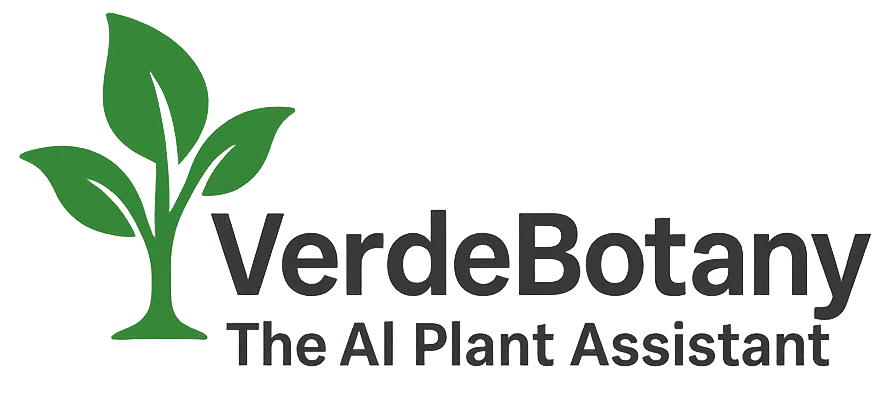Updated: 2025
How to Make Your Own Natural Plant Pesticide (That Really Works)
Quick answer: The most effective natural pesticides for houseplants are neem oil spray, insecticidal soap, garlic-chili spray, rubbing alcohol spot treatment, and essential oil blends. Each recipe targets different pests. Not sure which to use? Get a custom pest treatment plan with the VerdeBotany AI Plant Doctor.
Why Natural Sprays?
Natural plant pesticides are cheap, safe, and effective for indoor use. They minimize chemical residue, protect kids/pets, and are often just as powerful against soft-bodied pests like aphids, mites, and mealybugs when used correctly.
5 Proven DIY Natural Pesticide Recipes
1. Neem Oil Spray (The Gold Standard)
- Mix: 1 tsp cold-pressed neem oil + 0.5 tsp mild liquid soap in 1 qt warm water.
- Shake well; spray leaves (top + underside) weekly for 3 weeks.
- Best for: Aphids, spider mites, mealybugs, scale crawlers.
2. Insecticidal Soap (Simple + Effective)
- Mix: 1–2 tsp mild castile soap per 1 qt water.
- Spray directly on pests; rinse off after 1–2 hrs to prevent leaf burn.
- Best for: Aphids, spider mites, thrips, whiteflies.
3. Garlic-Chili Spray (Natural Deterrent)
- Blend: 2 cloves garlic + 1 chili in 2 cups water; steep overnight.
- Strain, dilute with 2 more cups water + a drop of soap.
- Spray lightly on foliage/soil; avoid overuse indoors (strong smell!).
- Best for: General deterrent; especially spider mites and aphids.
4. Rubbing Alcohol Spot Treatment
- Dab pests with a cotton swab dipped in 70% isopropyl alcohol.
- Great for mealybugs and scale clusters.
- Always test a small patch first to avoid leaf damage.
5. Essential Oil Blend (Optional Boost)
- Mix: 10 drops peppermint or rosemary oil + 1 tsp soap in 1 qt water.
- Shake well; mist lightly. Strong smell deters many insects.
- Best for: General pest prevention, not heavy infestations.
Application Tips
- Always test: Spray a small section and wait 24 hrs.
- Repeat weekly: Natural sprays kill pests on contact, not eggs—consistency is key.
- Apply at night: Avoid direct sunlight to prevent leaf burn.
- Target undersides: That’s where most pests hide.
What These Won’t Fix
Natural pesticides work well for soft-bodied insects. They’re less effective against hard scale, root mealies, or systemic infections. In those cases, pruning or repotting may be necessary.
Real-World Example
Case study (2025): A VerdeBotany reader’s philodendron had mealybugs. The AI tool recommended alcohol Q-tip spot cleaning plus weekly neem spray for 3 weeks. The infestation cleared, and the plant pushed out new, healthy leaves.
Turn DIY Into a Targeted Treatment
The VerdeBotany AI Plant Doctor tells you which natural spray is safe for your exact plant and pest, how often to apply, and when to stop. No more guessing—just fast, effective results.
Helpful Internal Links
Natural Pesticide FAQ (2025)
Are natural sprays safe for pets?
Yes, when used correctly. Avoid strong garlic/chili indoors with pets sensitive to odors. Always let sprays dry before letting pets near.
Can I use vinegar as a pesticide?
No. Vinegar burns leaves and damages roots. Stick to neem, soap, or alcohol spot treatments.
How long until I see results?
Usually within 1–2 weeks if repeated weekly. Severe infestations may take 3–4 weeks.
Will these sprays prevent pests forever?
No—pests can reappear. Combine sprays with good plant hygiene (clean leaves, quarantine new plants, avoid overwatering).
